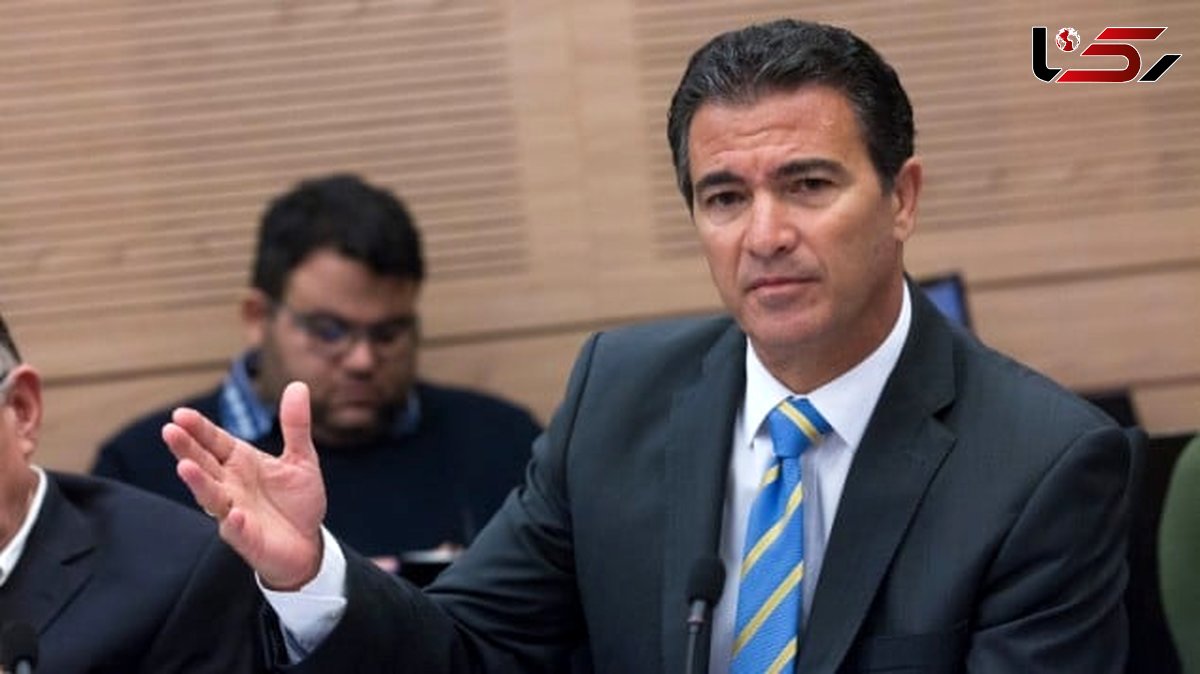Former Mossad Chief Claims Responsibility for Natanz Explosion
Rokna Political Desk: Former Mossad Director Yossi Cohen has claimed responsibility for the explosion at Iran’s Natanz nuclear facility, asserting that a “balance table” sold to Iran ultimately detonated, destroying their facility. Cohen questioned how such equipment was ever allowed to reach Iran.

In a detailed interview with Hebrew-language media, Cohen sharply criticized Israeli Prime Minister Benjamin Netanyahu, holding him directly responsible for the intelligence and security failures surrounding the events of October 7. Cohen emphasized that Netanyahu “is accountable for everything before, during, and after October 7,” and noted that he has not spoken to the prime minister for over a year and a half.
Regarding his potential entry into politics, Cohen stated he has no intention of serving as “second or third” alongside figures such as Naftali Bennett or Benny Gantz, yet he acknowledged a personal sense of duty to “reform Israel.” He added: “There will come a time when I must step in to assist leadership, but discussions about elections are premature.”
On allegations related to corruption investigations involving submarine contracts, Cohen insisted he has not faced any formal charges, stating, “I only received a warning letter. All my actions were in Israel’s interest, and I expect this matter to be resolved.”
Cohen also criticized Netanyahu’s cabinet, claiming it should end its tenure. “The reality is that Netanyahu communicates only with two ministers—Dermer and Dery. Can such a government command respect? No,” he said. Criticizing the appointment of Gila Gamliel as Minister of Intelligence, Cohen remarked: “Really? Why not me? I spent 42 years in this system, served as chief of staff, minister of intelligence, and represented Israel abroad.”
He revealed that he had previously proposed a temporary transfer of one million Palestinians from Gaza to the Sinai Desert to prevent civilian casualties, but the plan was abandoned by the Prime Minister’s Office and Mossad, leaving him “stunned.”
Cohen further explained his operational approach, claiming: “I always sought to act proactively, identify threats, and neutralize them. Yet the prevailing approach was avoidance—waiting to see what would happen. For example, I had a full plan to eliminate Qasem Soleimani in Syria. Everything was ready—intelligence, surveillance, logistics—but I was told the operation could not proceed as it might provoke a war with Iran.”
Addressing the 2014 Gaza Protective Edge operation, Cohen acknowledged insufficient intelligence and offered Mossad assistance for special operations, but limited cooperation resulted in disappointment and unnecessary loss of life.
Regarding Qatari funds transferred to Gaza, Cohen denied responsibility, clarifying: “I was merely a messenger, not the architect. Funds were provided under Shabak oversight for civilians with full accounting. It was government policy, not a Mossad initiative. When concerns arose that funds could reach the wrong hands, I recommended publicly halting the process.”
Cohen also highlighted key Mossad achievements under his tenure, claiming that acquiring Iran’s nuclear archives was one of his most significant accomplishments. He described pioneering the use of “explosive pagers” in operations against Hezbollah and recounted his creation of a special operations center in 2004 for managing equipment sales.
On the nature of intelligence work, Cohen stated: “I assumed many roles—shoe salesman, lawyer, philosopher, businessman, son of an investor, dealer, archaeologist. After each operation, I exited like a theater actor, stepping aside for a coffee. You live these lives fully.”
After leaving Mossad, Cohen noted that his entry into business made him wealthy, with his stake in Doral Energy expected to yield approximately $50 million upon U.S. market listing. Nonetheless, he admitted he remains restless and open to entering politics.
Cohen also dismissed rumors of personal scandals, including an alleged incident with a flight attendant, stressing: “I hope my book demonstrates who I truly am. Much of my professional life was invisible—a ghost. Now, as I prepare for public service, I am fully visible, aiming for the highest office in Israel.”
Send Comments